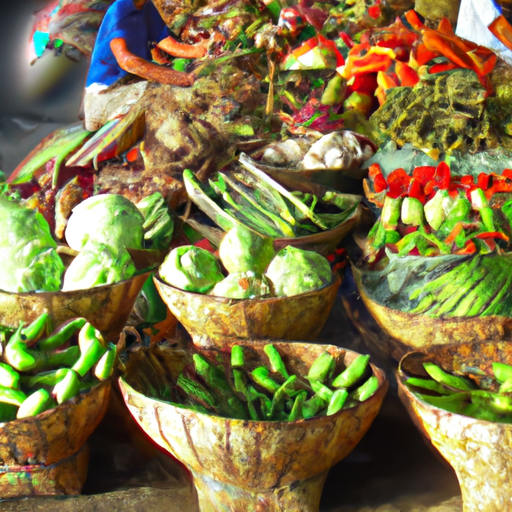Explore practical strategies for minimizing your environmental impact while maximizing authentic travel experiences. This comprehensive guide covers everything from choosing eco-friendly accommodations to supporting local communities responsibly. Learn how sustainable travel can actually enhance your journey while preserving destinations for future generations.

The concept of sustainable travel has evolved far beyond simply reusing hotel towels or carrying a reusable water bottle. Today's conscious travelers seek meaningful ways to explore the world while minimizing their environmental impact and maximizing positive contributions to local communities.
The journey toward sustainable travel begins before leaving home. Choosing the right transportation can reduce your carbon footprint significantly. While air travel is often unavoidable, consider taking direct flights when possible, as takeoffs and landings create the most emissions. For shorter distances, trains and buses often provide more sustainable alternatives while offering unique perspectives on local landscapes and culture.
Accommodation choices play a crucial role in sustainable travel. Eco-lodges and environmentally certified hotels implement various practices to reduce their environmental impact. Look for properties that use renewable energy, practice water conservation, employ local staff, and source local products. However, sustainability certifications vary worldwide, so research specific regional standards and certifications.
Many travelers don't realize that their food choices significantly impact their travel footprint. Eating local not only reduces transportation emissions but also supports local economies and provides authentic cultural experiences. Seek out restaurants that source ingredients from local farmers and fishers. Learning about traditional food preservation methods and local seasonal ingredients adds depth to your culinary adventures.
Packing for sustainable travel requires thoughtful preparation. Invest in quality, versatile items that serve multiple purposes. Bring reusable containers, bags, and utensils to minimize plastic waste. Consider packing items that help you participate in local conservation efforts, such as reef-safe sunscreen for marine environments or appropriate clothing for volunteer activities.
Interacting responsibly with wildlife represents another crucial aspect of sustainable travel. Choose operators that prioritize animal welfare and natural behavior over tourist entertainment. Maintain appropriate distances from wildlife, never feed wild animals, and support conservation initiatives that protect local ecosystems.
Cultural sustainability deserves equal attention. Research local customs, learn basic phrases in the local language, and dress appropriately for different settings. Seek out community-based tourism initiatives where locals maintain control over how their culture is presented and shared with visitors.
Photography and social media sharing require careful consideration in sustainable travel. While documenting experiences is natural, respect local privacy customs and obtain permission before photographing people. Consider how your social media posts might impact sensitive locations or contribute to overtourism.
Water conservation becomes particularly important when traveling in regions with limited resources. Beyond the obvious steps of taking shorter showers and reusing towels, consider how your activities impact local water supplies. Choose hotels with water-saving fixtures and support businesses that implement water conservation practices.
Shopping sustainably while traveling supports local artisans and traditional crafts. Look for authentic locally-made products rather than mass-produced souvenirs. Learn about traditional crafting techniques and the cultural significance of local arts. This knowledge enhances your shopping experience while helping preserve cultural heritage.
Volunteer tourism requires careful consideration to ensure positive impact. Research organizations thoroughly, focusing on those that prioritize local community needs over tourist experiences. Short-term volunteering should complement, not replace, local employment opportunities.
Offseason travel often provides more sustainable options. Tourist infrastructure faces less strain, local communities benefit from more evenly distributed income throughout the year, and you'll likely have more authentic interactions with locals. Research seasonal events and festivals that showcase local culture during quieter periods.
Measuring and offsetting your travel impact helps create more responsible journeys. Various apps and websites can calculate your travel carbon footprint. While carbon offsets aren't perfect solutions, choosing verified projects that benefit local communities can help mitigate travel impacts.
The future of sustainable travel lies in balancing exploration with preservation. As technology advances, new tools emerge to help travelers make more sustainable choices. From apps that locate water refill stations to platforms connecting travelers with local guides, innovation continues to make sustainable travel more accessible.



